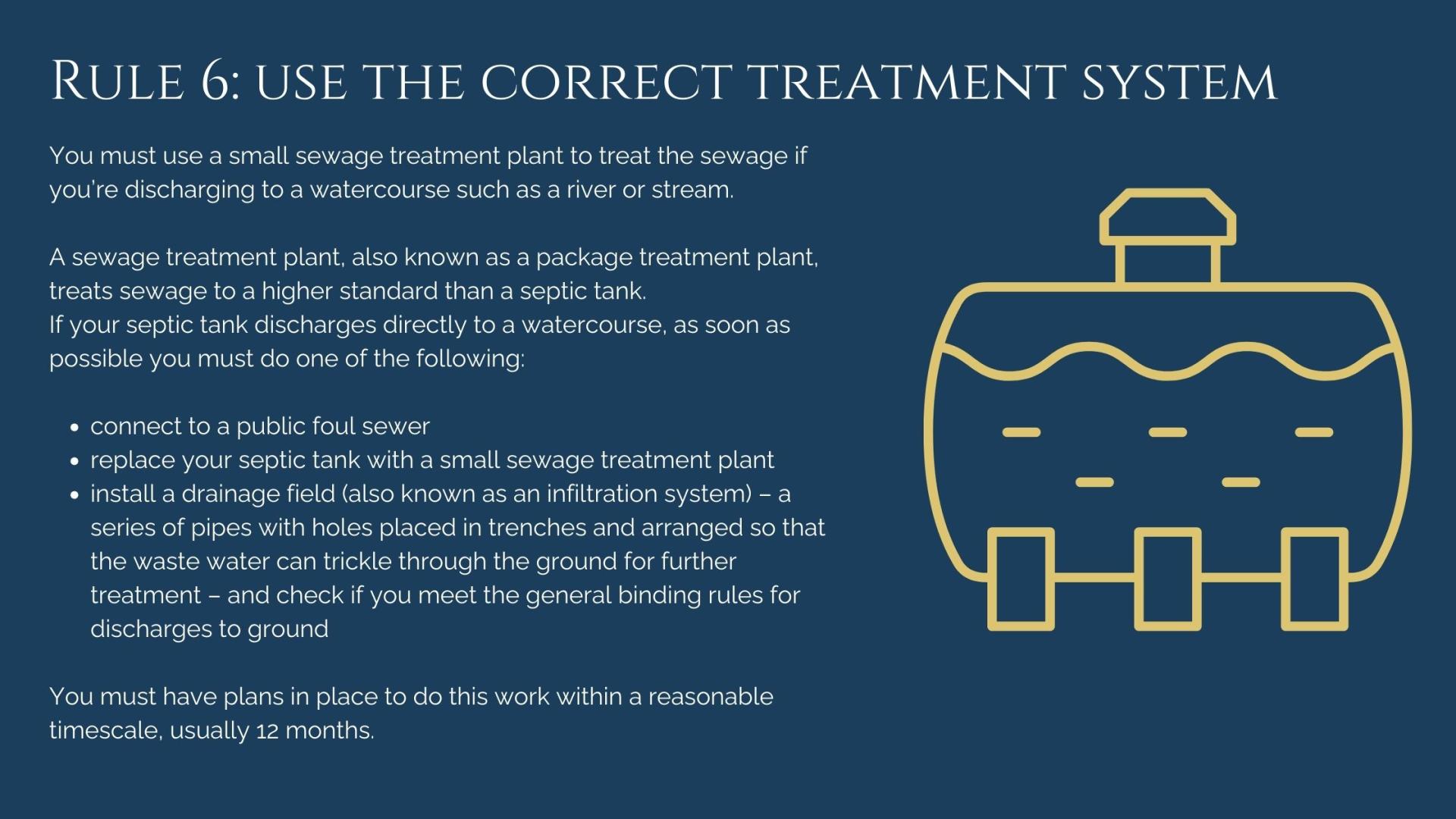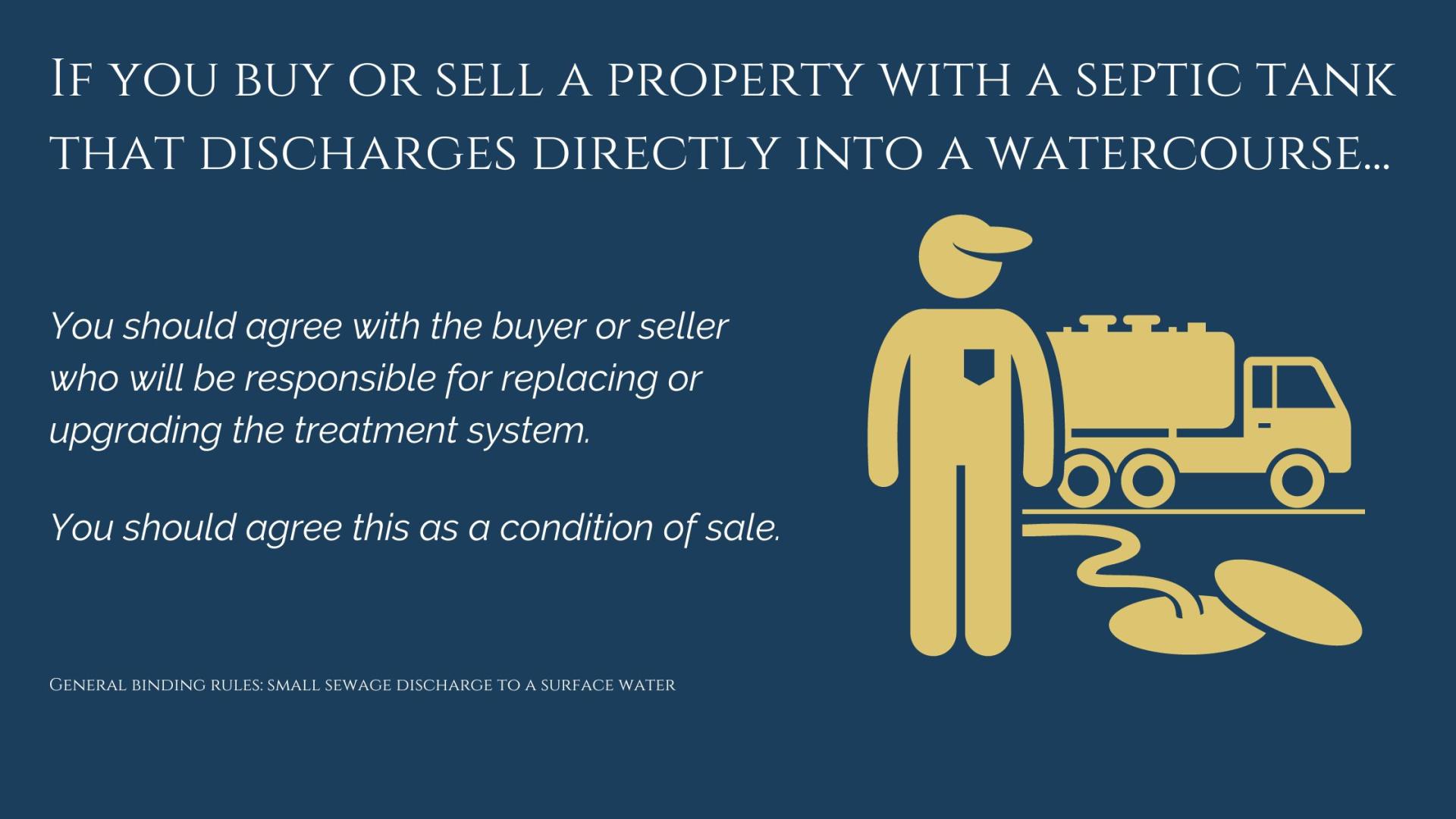Navigating Septic Tank Regulations: A Guide for Buyers and Sellers in Rural Worcestershire
In the picturesque countryside of Worcestershire, many properties rely on septic tanks or small sewage treatment plants. This reliance brings with it a set of responsibilities and regulations crucial for both buyers and sellers to understand. This guide aims to simplify these complexities, ensuring informed decisions in the property market.
Understanding Septic Tanks in Worcestershire
A septic tank is an underground, water-tight container that collects sewage and wastewater where properties are not connected to the mains sewer system. Common in Worcestershire's rural properties, these systems, if well-maintained, typically do not present significant issues. However, recent changes in regulations have heightened the need for awareness and compliance.
Recent Regulatory Changes
As of 1st January 2020, UK regulations underwent a revision to make septic systems more environmentally friendly. Key among these is the prohibition of septic tanks discharging directly into surface water bodies, like rivers or streams. Non-compliance can lead to significant fines, highlighting the need for due diligence in property transactions.
Categories of Discharges
Understanding the categorisation of your septic system is essential. Discharges that started before 1st January 2015 are subject to a set of standard rules. Those initiated between 1st January 2015 and 2nd October 2023 have additional requirements, while installations post 2nd October 2023 must adhere to further specific rules.

Key Rules for Compliance
- Volume Limitation: Discharges must not exceed 5 cubic metres per day.
- Nature of Sewage: Only domestic sewage is allowed for discharge.
- Prevention of Pollution: Systems must not pollute surface or groundwater.
- Use of Correct Systems: A small sewage treatment plant is required for discharging into watercourses.
- Compliance with British Standards: Systems should meet standards in force at the time of installation.
Implications for Property Transactions
When buying or selling a property with a septic system in Worcestershire, it's vital to understand these regulations. Sellers must provide comprehensive details about the septic tank, including its location, maintenance requirements, and any alterations made. Failure to disclose accurate information can lead to legal challenges post-sale.
For buyers, it’s crucial to conduct thorough due diligence. Enquiries should include the septic tank’s location, installation date, maintenance history, and compliance with current regulations. Understanding the system’s condition can significantly impact negotiations, potentially affecting the property’s value.
Negotiating Upgrades and Replacements
If a septic tank discharges directly into a watercourse, upgrades or replacements will be necessary. This situation should be a key point of negotiation in property transactions. Agreeing on who will undertake these changes and how they will be funded is crucial, and should be addressed early in the conveyancing process.

First-Time Sewerage Schemes
In cases where multiple properties require system upgrades, a first-time sewerage scheme might be applicable. This scheme obliges sewerage undertakers to provide a sewer connection, potentially simplifying compliance.
Seeking Expert Advice
Navigating the complexities of septic tank regulations can be daunting. Prospective buyers and sellers in Worcestershire are advised to consult with accredited service engineers for guidance on compliance and system suitability.
Conclusion
Understanding and complying with septic tank regulations is critical for anyone involved in the rural property market of Worcestershire. Whether you’re buying or selling, being informed about these systems can ensure smoother transactions, prevent potential legal issues, and preserve the beautiful rural environment of Worcestershire.



 by
by 



 posted by
posted by
Share this with
Email
Facebook
Messenger
Twitter
Pinterest
LinkedIn
Copy this link